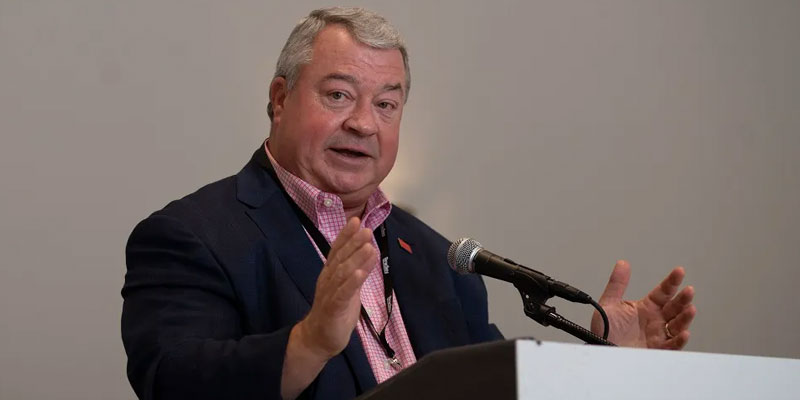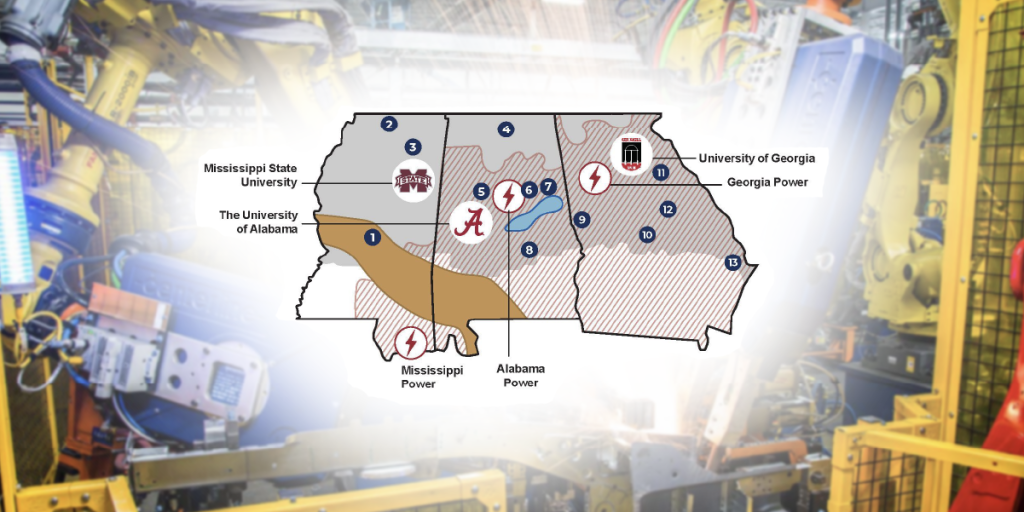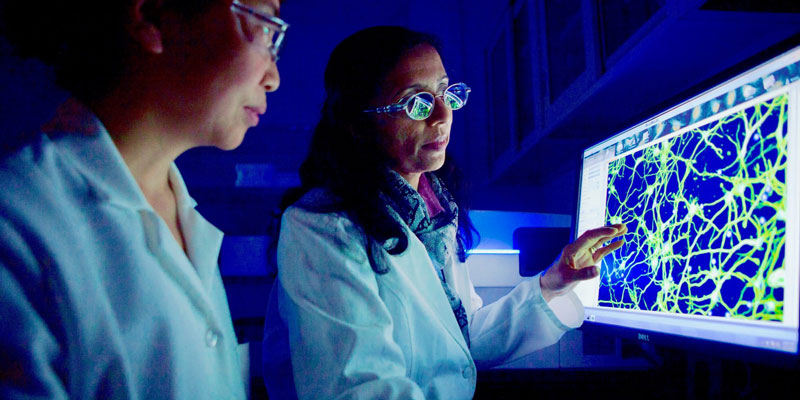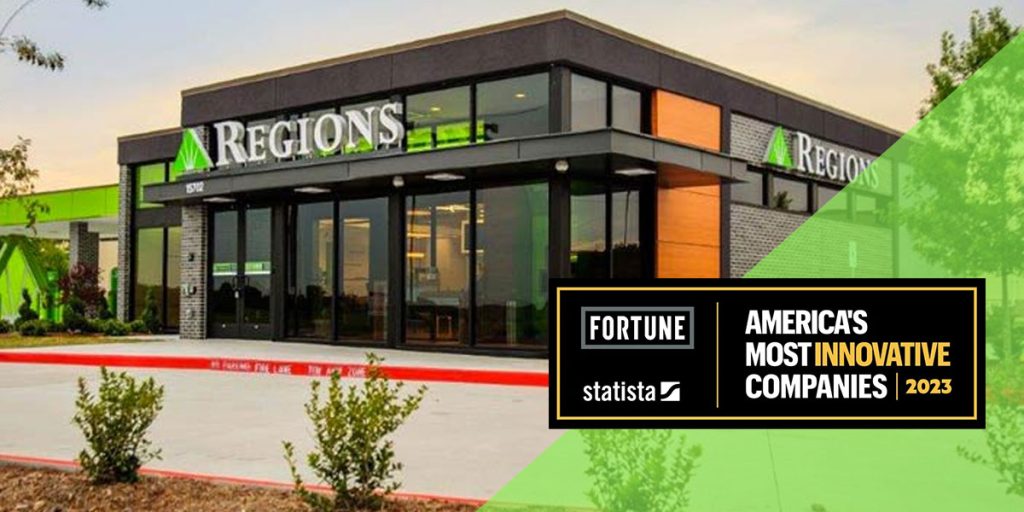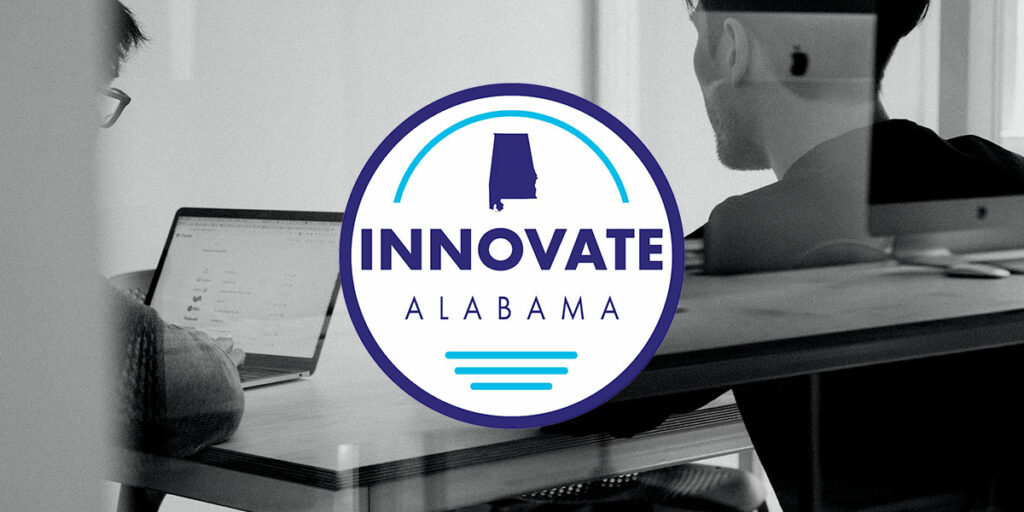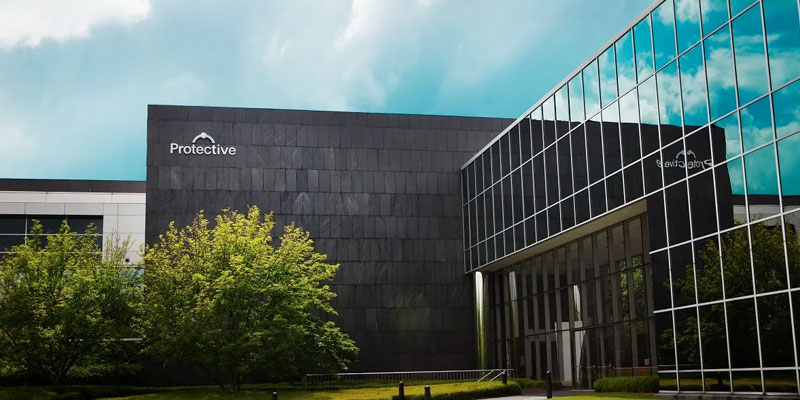Alabama continues to position itself to take advantage of an innovation economy that is imperative to the state’s success, members of an “Innovating Alabama for Tomorrow’s Economy” panel told the Business Council of Alabama’s annual Governmental Affairs Conference on Saturday.
“Alabama’s policymakers are recognizing the opportunity for job creation through the organic growth of innovative new businesses that are started right here,” said panel moderator Houston Smith, Alabama Power vice president of Governmental Affairs. “Advancements in technology make it easier than ever to start a business, and low costs associated with starting a business in our state make Alabama the right place for many entrepreneurs.”
In addition to highlighting innovative areas where the state has shown progress, two consistent themes throughout the discussion were electrical vehicles (EVs) and the work of Alabama’s Innovation Commission – Innovate Alabama.
The automotive industry has undeniably become a leader in innovation – revolutionizing automobiles by moving away from gasoline-powered motors that have fueled the industry since 1886 to turning vehicles into computers on wheels. Alabama is a natural fit for this work since innovating the automobile industry in the state goes all the way back to 1903, when Alabama native Mary Anderson patented her idea for the “Window Cleaning Device,” which became the basis for windshield wipers.
“Alabama is the third largest auto producing state in the country,” said Michael Staley, president of the Alabama Clean Fuels Coalition. “All of the auto manufacturers in our state are investing in electric vehicles by building cars or investing in things like EV charging stations. We are making an investment in our state and the employment opportunities that exist here.”
He said one of the main deterrents for consumers purchasing electric vehicles is range anxiety – the fear the car will lose power before a charging station can be located. However, most consumers still think EVs have a range of about 50 miles when the new models have ranges of about 300 miles.
Fast charging stations reduce range anxiety, Staley said. Currently, there are fast chargers available on every Alabama interstate except Interstate 22. Gov. Kay Ivey recently awarded 18 grants totaling more than $4.1 million to help finance the installation of electric vehicle charging stations at many fueling stations in central and north Alabama.
Staley said electric vehicle ownership offers the most affordable fuel option at a cost of $8.58 for home charging compared to the average gasoline cost of $22.48 per 200 miles. He mentioned Alabama Power’s EV rate options that offer a discount to customers who use at-home charging for electric vehicles. The company also has rate incentives available to business owners. “Electric vehicles save people money, which they can put back into our state’s economy,” Staley said.
The need for the state to continue bringing Alabama motorists into the electric vehicle age, or human mobility, as Commerce Secretary Greg Canfield said, has been a priority for the state’s Department of Commerce. Canfield also serves on the Alabama Innovation Commission Advisory Council and spoke on the panel.
“Commerce does some things very well, but state government doesn’t support startups and entrepreneurship as well as the private sector does,” he said, referring to the recent legislation that created the Alabama Innovation Corporation.
Alabama Senate Pro Tem Greg Reed, who serves as vice chair of the Alabama Innovation Commission, also spoke on the panel and said the corporation will carry on the work of the commission once it releases its report to the governor later this year.
“Analyzing research and work that has gone into the commission’s report has helped us realize what’s possible,” Reed said. “It’s been a great opportunity for Alabama to learn where our future is headed, and we are well-positioned to take advantage of those opportunities.”
The Innovation Corporation will support statewide entrepreneurship, rural businesses, research and development at existing companies, and access to advanced technical skills to drive a future workforce.
With its mission of creating a more resilient, inclusive and robust economy to remain competitive in a 21st century world, the commission worked to ensure the legislation passed was “inclusive of not only minorities and women, but underrepresented business segments such as tech,” said panelist Charisse Stokes, executive director of TechMGM. TechMGM is a Montgomery Area Chamber of Commerce initiative designed to coordinate the efforts of many diverse partners around developing the tech and innovation ecosystem in Montgomery.
Stokes urged audience members to stay engaged. “We all play a role in innovation. Diversity of thought is where we will accelerate change and when we do that, we all win.”
(Courtesy of Alabama NewsCenter)




